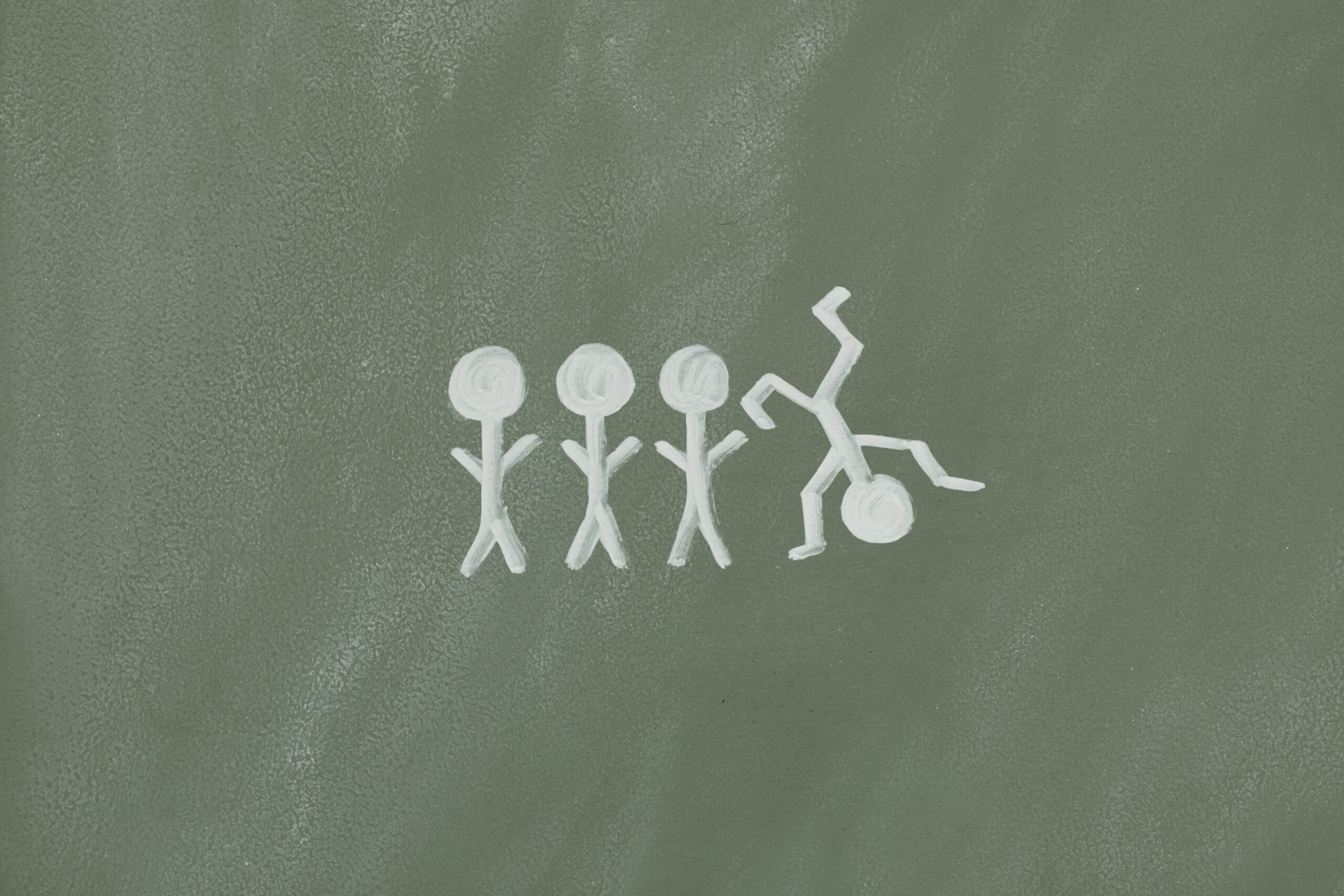At Montare Behavioral Health, we treat all variations of ADHD. A common question we receive is, “What’s the difference between ADD vs ADHD?” Two of the most common variations most people will think of are “attention deficit disorder (ADD)” and attention deficit hyperactivity disorder (ADHD). ADD is actually an outdated term for a specific type of ADHD. Many people use the terms ADD and ADHD interchangeably. While this may be socially acceptable, it’s important to understand the variations of ADHD and how they are treated.
ADD vs ADHD
What is ADD?
ADD, or attention deficit disorder, is no longer recognized as a distinct diagnosis in the DSM (Diagnostic and Statistical Manual of Mental Disorders). It is now referred to as predominantly inattentive presentation of ADHD. Individuals with this form of ADHD struggle with inattention and distractibility without hyperactivity. This can lead to difficulties in remembering things, staying organized, and maintaining productivity at school or work.
What is ADHD?
ADHD stands for attention deficit hyperactivity disorder. People with ADHD tend to be hyperactive and impulsive, sometimes while also struggling to focus and pay attention.
What Are the Different Types of ADHD?
There are three types of ADHD:
- Predominantly Inattentive Presentation ADHD: Individuals primarily struggle with inattention, forgetfulness, and poor organizational skills
- Predominantly Hyperactive/Impulsive Presentation: Individuals display excessive energy, impulsivity, difficulty staying still, and challenges with patience and quiet activities.
- Combined Presentation: Individuals exhibit significant symptoms of both inattention and hyperactivity/impulsivity.
Symptoms of Different Types of ADHD
Now that you have a general understanding of the difference between the types of ADHD, let’s delve into the specific symptoms.
Symptoms of Predominantly Inattentive Presentation ADHD
- Often makes careless mistakes and fails to pay close attention to details.
- Has difficulty sustaining attention.
- Does not seem to listen when spoken to directly.
- Does not follow through on instructions and fails to finish tasks.
- Has trouble organizing tasks and activities.
- Avoids or dislikes tasks that require sustained mental effort.
- Frequently loses items necessary for tasks and activities.
- Easily distracted by extraneous stimuli.
- Often forgetful in daily activities.
Symptoms of Hyperactivity/Impulsivity Presentation ADHD
- Fidgets with or taps hands or feet and squirms in seat.
- Leaves seat in situations when remaining seated is expected.
- Runs about or climbs in inappropriate situations (in adults, may be limited to feelings of restlessness).
- Unable to play or engage in activities quietly.
- Often “on the go” or acts as if “driven by a motor.”
- Talks excessively.
- Blurts out answers before questions have been completed.
- Has difficulty waiting for their turn.
- Interrupts or intrudes on others.
Symptoms of Combined Presentation ADHD
- Exhibits six or more symptoms of inattention and six or more symptoms of hyperactivity/impulsivity.
ADHD in Children vs. Adults
ADHD can affect individuals of all ages, but symptoms often present differently in children compared to adults.
- Children: May be extremely active, impulsive, and struggle with maintaining attention in structured settings like school.
- Teens and Adults: Symptoms may include restlessness, fidgeting, excessive talking, and challenges with organization and memory. While hyperactivity may diminish with age, difficulties with inattention and impulsivity can persist.
Diagnosing ADHD in children can be challenging because typical childhood behaviors may overlap with ADHD symptoms. The predominantly inattentive presentation can be especially hard to diagnose because its symptoms are less disruptive and may be misinterpreted as daydreaming or lack of effort, particularly in girls and women.
Similarities and Differences Among Types of ADHD
While the different types of ADHD share some symptoms, there are key differences:
- Similarities: All types involve difficulties with attention and focus.
- Differences: The predominantly inattentive presentation involves inattention without hyperactivity, while the hyperactive/impulsive and combined presentations involve hyperactivity and impulsivity, with the combined presentation also including significant inattention.
Treatments for ADHD
ADHD Medications:
- Stimulants: Such as Adderall, Ritalin, and Concerta, increase alertness and focus.
- Non-Stimulants: Help regulate attention and behavior without the stimulant effects.
- Antidepressants: Can be used if co-occurring mental health issues like depression and anxiety are present.
ADHD Therapies:
- Behavioral Therapies: Cognitive-behavioral therapy (CBT) and dialectical behavior therapy (DBT) can help modify negative behaviors.
- Individual, Group, and Family Therapy: Support patients in learning coping strategies and improving interactions with others.
- Behavioral Peer Interventions: Utilize peer groups to help patients learn and practice social skills.
- Special Accommodations: Under the Individuals With Disabilities Education Act (IDEA), children with ADHD can receive additional support in school, such as extra time on tests and modified assignments.
- Parental Training: Educates parents on how to support their children in managing ADHD symptoms effectively.
Receive Treatment for ADHD at Montare Behavioral Health
Since ADHD is a common mental health disorder, it can be treated here at Montare Behavioral Health. Montare Behavioral Health is a mental health treatment center with locations throughout Southern California.
Here at Montare Behavioral Health, we take a fresh, innovative approach to mental health treatment and recovery that utilizes evidence-based practices while incorporating cutting-edge therapies and holistic philosophy. Our goal is to treat our patients’ mental health issues so they can live full, happy lives.
To learn more about Montare Behavioral Health and the treatments and therapies we use to treat ADHD, or any mental disorder, contact us today. Our staff is more than willing to answer any questions you may have.











